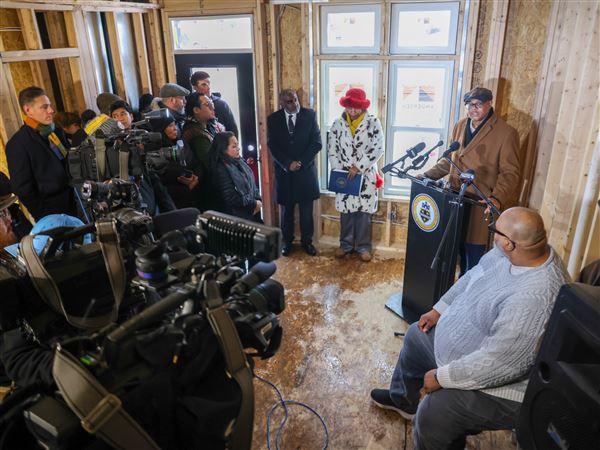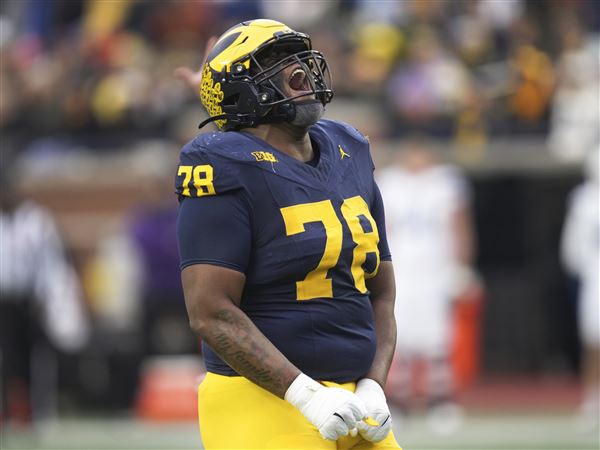Christina Korbe, who killed an FBI agent, won't be getting out of prison early, a federal judge has ruled.
Korbe shot and killed Agent Sam Hicks in 2008 and was sentenced to 15 years and 10 months. She had asked for early release, partly on the grounds that she has suffered from COVID-19 and partly because she said her family has health issues and needs her.
The U.S. attorney's office and a national FBI group opposed the request and on Friday, U.S. District Judge J. Nicholas Ranjan said she will remain locked up.
"Ms. Korbe has spent a significant period of time in prison, which has placed a burden on her family," the judge wrote. "While the Court empathizes with Ms. Korbe and her family, empathy doesn’t always translate into compassionate release. The circumstances presented here simply do not rise to the standard that Congress has authorized for early release."
Korbe had also argued for early release because she said she had COVID-19 in the spring. Prosecutors said there's no evidence that she did. But even if she had it, the judge said she doesn't have any underlying medical conditions that place her at high risk. Instead, he said, she relies on her assertion that she had it and makes a claim for a "generalized risk of exposure" at the prison in Connecticut where she is held.
"But as many courts, including the Third Circuit, have previously concluded, this is insufficient to show extraordinary and compelling reasons" for release, the judge said.
The judge also said her sentence was appropriate. She is due to be released in May 2022.
Korbe shot Agent Hicks on Nov. 19, 2008, when she opened fire on law officers serving a search warrant on her home following an investigation of the drug-trafficking operation of her husband, Robert Korbe.
Agent Hicks was 33.
Korbe pleaded guilty in 2011 to voluntary manslaughter.
In her court filings requesting release, she reiterated her often-claimed position that she never intended to kill Agent Hicks but fired to protect her children before she realized it was a police raid.
She initially requested compassionate release from the warden in April, saying she has been in prison for more than 11 years and has two children and an 87-year-old mother who has suffered three strokes. She said she lost her father to cancer and her 74-year-old father-in-law is raising the children alone.
On Aug. 20, she filed a motion for a reduced sentence under the federal First Step Act, which allows courts to reduce prison terms for "extraordinary and compelling reasons."
She said her request should be granted because of her health conditions combined with the fact that she is less than a year from being eligible for release to a halfway house. She also cited the "remorse she displayed at sentencing," which she said "has inspired her to move her own life in the only direction it could go: toward healing herself and others around her."
First Published: November 3, 2020, 3:33 p.m.




















